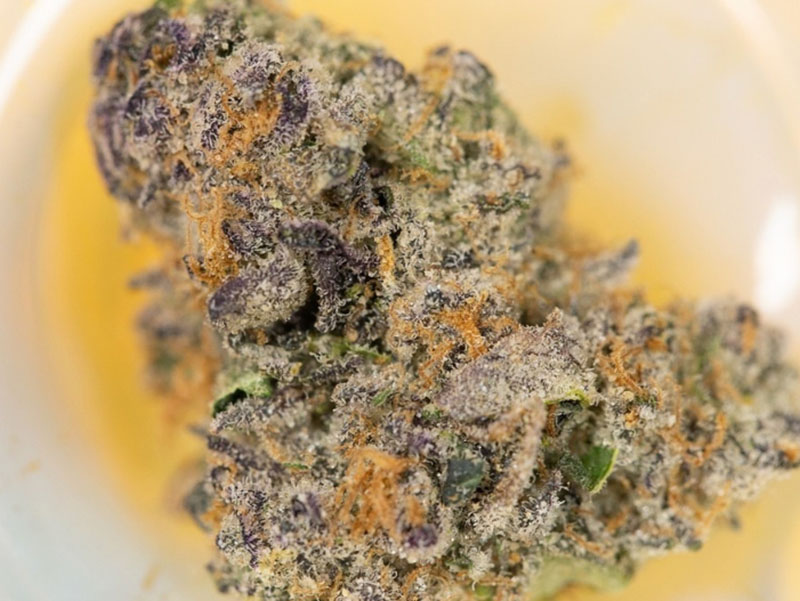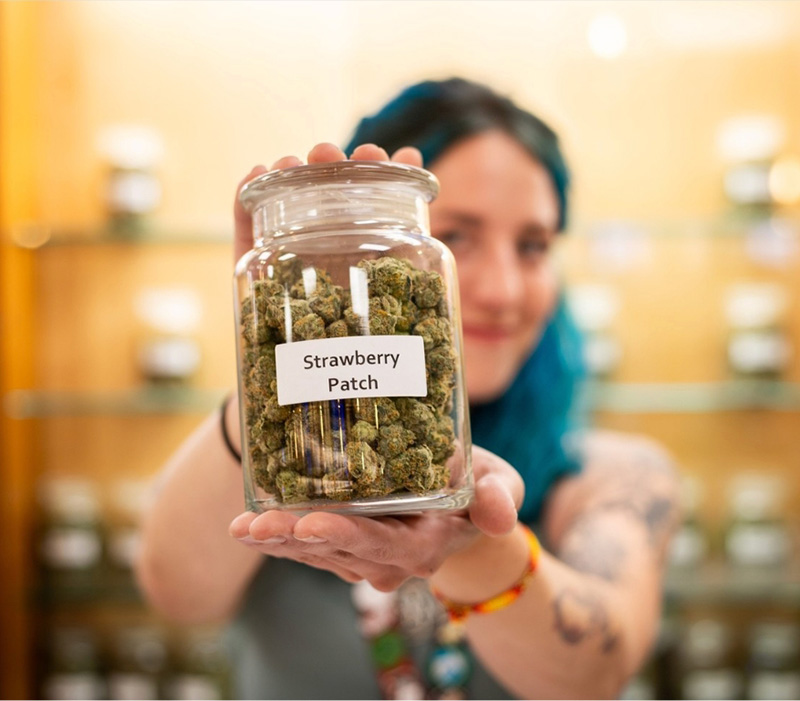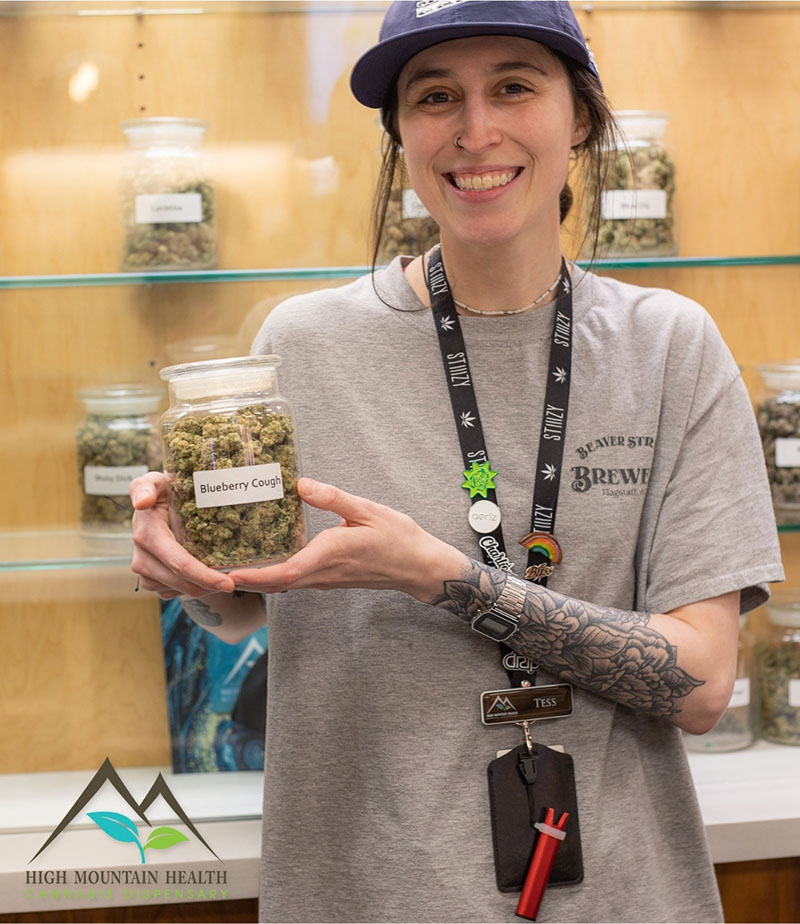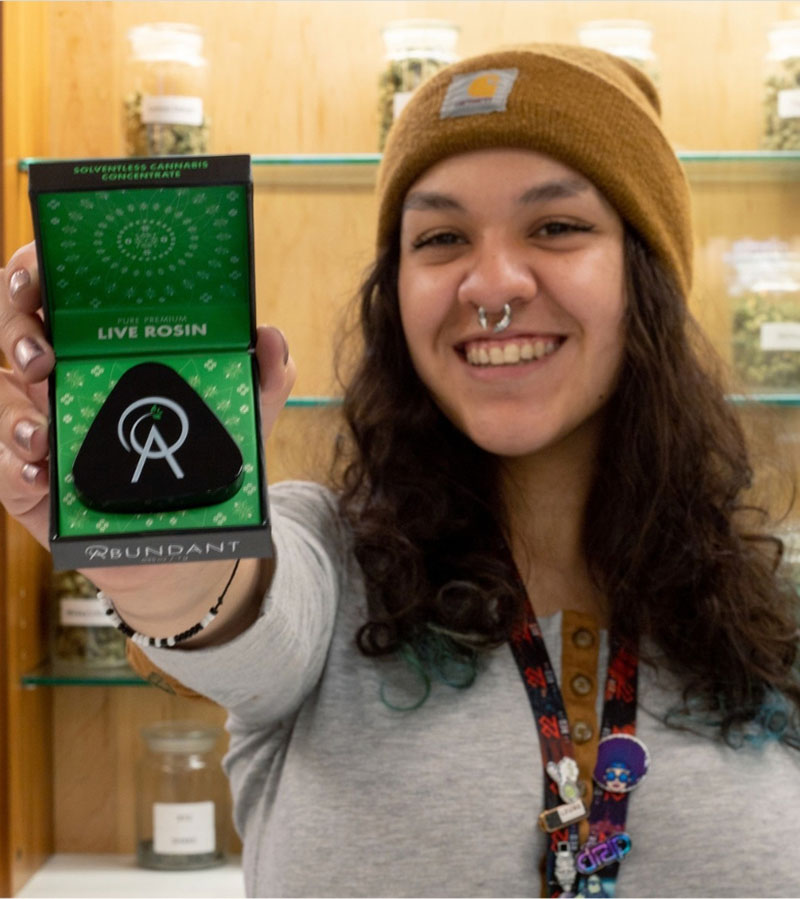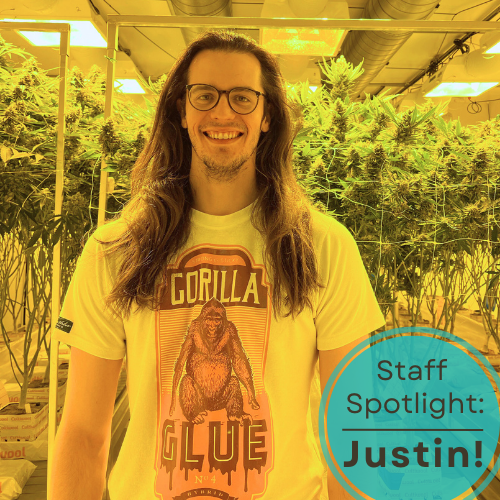Vaping Concerns in the Media
By Zachariah Finning
In recent weeks, the world has directed its attention to media reports regarding vaping devices, vape liquids, and the associated health risks attributed to their use – to include several reported deaths related to the popular trend. Most concerns mentioned in the media are directly related to e-cigarettes and the vaping liquids associated with them. However, the inclusion of THC vape products in the controversy further complicates the issue. As a licensed medical dispensary focused on helping our patients live healthier, happier lives, we feel compelled to comment on the issue.
The worst part of the situation more than 6 deaths have been confirmed from vaping related illnesses in various states around the U. S., most of which have been classified as “Severe Pulmonary Disease.” However, the CDC has already stated that their investigators are starting to focus on the additive, vitamin E acetate, as a possible culprit as it is involved in many of the cases (S1). There are eight forms of vitamin E Oil used in foot creams, face creams, and other cosmetic topicals. However, none of them are safe to inhale. (S4) “Lipids in the lungs are highly toxic and have been associated with lung injury for years,” says Dr. Howard Mintz a California Pulmonologist. “They are most commonly seen in persons using ointments in their noses” which can lead to a condition known as lipoid pneumonia. (S4) Vitamin E acetate is used by e-liquid companies as fillers in their products. The additive’s presence has also been found in street-purchased THC oils most likely produced by the black market. S1) THC oil over time can oxidize and condense which are natural processes. The purpose of adding vitamin E acetate is probably to mask these processes making the cartridge seem fuller and the oil seem clearer.
Another main concern that could be linked to black market is cheaply made cartridges and hardware. These items are not patented technology and can overheat in some cases. Dale Gieringer, co-director of California NORML said, “The thing about some vape carts is the temperature can run considerably higher than burning flower, and you could be forming new chemicals that you would have never gotten before.” (S2) In reference to illicit cartridge production, official with Anresco Laboratories Joshua Richard adds, “It [cartridge contents] may be diluents technically safe to use as specifically directed. But if they’re buying the cheapest vape carts that are burning hot, with god knows what other contaminants in there - none of this makes your lungs happy.” (S2) Nicholas Kovacevich, CEO of KushCo Holdings an importer of vape devices, stated the ongoing trade war with China has affected the market place. “We are competing with chop shop factories in China knocking off branded counterfeits that say ‘XYZ company’ on the package but are not really affiliated, and who knows what they are getting.” (S3) It is never good to use a vaporizer that is unregulated and or untested. Overheating can cause the metals inside to flake off over time and these hard metals can be inhaled causing detrimental damage.
At High Mountain Health we take pride in providing safe and consistent medication. KAYA products (our own brand of concentrates) are produced under sterile lab conditions using ethanol extraction. This extraction process results in one of the most pure, potent, and clean hash oils in the medicinal market. Other than organic terpenes in Mys-Stix, KAYA cartridges are free from additives. We DO NOT USE Vitamin E Acetate, Polyethylene Glycol (PEG), Propylene Glycol (PG), lipid based products, or any other cutting/thickening agents in our cartridges or concentrates. The CCELL cartridges used in our Mys-Stix, Rip-Stix, and Sol-Stix lines are produced by Jupiter Research. Jupiter has recently released a statement to its customers regarding the recent concerns. “Jupiter commits to aiding the CDC, FDA, and any governing bodies as needed in the process of evaluating these safety concerns” said Mark Scatterday, Founder of Jupiter Research. (S5) “Since the inception of the CCELL products, even while legislative requirements did not fully exist, we proactively tested and will continue to test each component we produce. Consumer safety and product satisfaction are, and always will be, our guiding principle.” Jupiter hardware is manufactured using medical and food grade materials. Hardware components, such as the CCELL Vape Cartridge and Battery, must pass stringent testing including evaluations for heavy metals per state regulations. (S5)
To avoid concerns regarding vaporization products, only purchase products from legal, licensed retailers. Safe contents along with reputable and patented vaping technology are the best way to avoid significant bodily injury or harm. This uproar from the media will likely result in testing and new regulations levied upon the industry. True Terpenes David Heldreth says, “We believe we need to regulate these additives, unfortunately it takes someone getting hurt for people to take things like this seriously.” (S2)
Sources
- https://www.usatoday.com/story/news/health/2019/09/11/vaping-lung-illness-what-we-know-spate-cases-and-deaths/2264610001/
- https://www.leafly.com/news/health/vape-pen-lung-disease-thc-oil-additive-investigation
- https://www.buzzfeednews.com/article/danvergano/vaping-lung-illness-mystery-causes
- https://www.leafly.com/news/health/vape-pen-lung-disease-vitamin-e-oil-explained
- Email from Jupiter Research to its Customers

